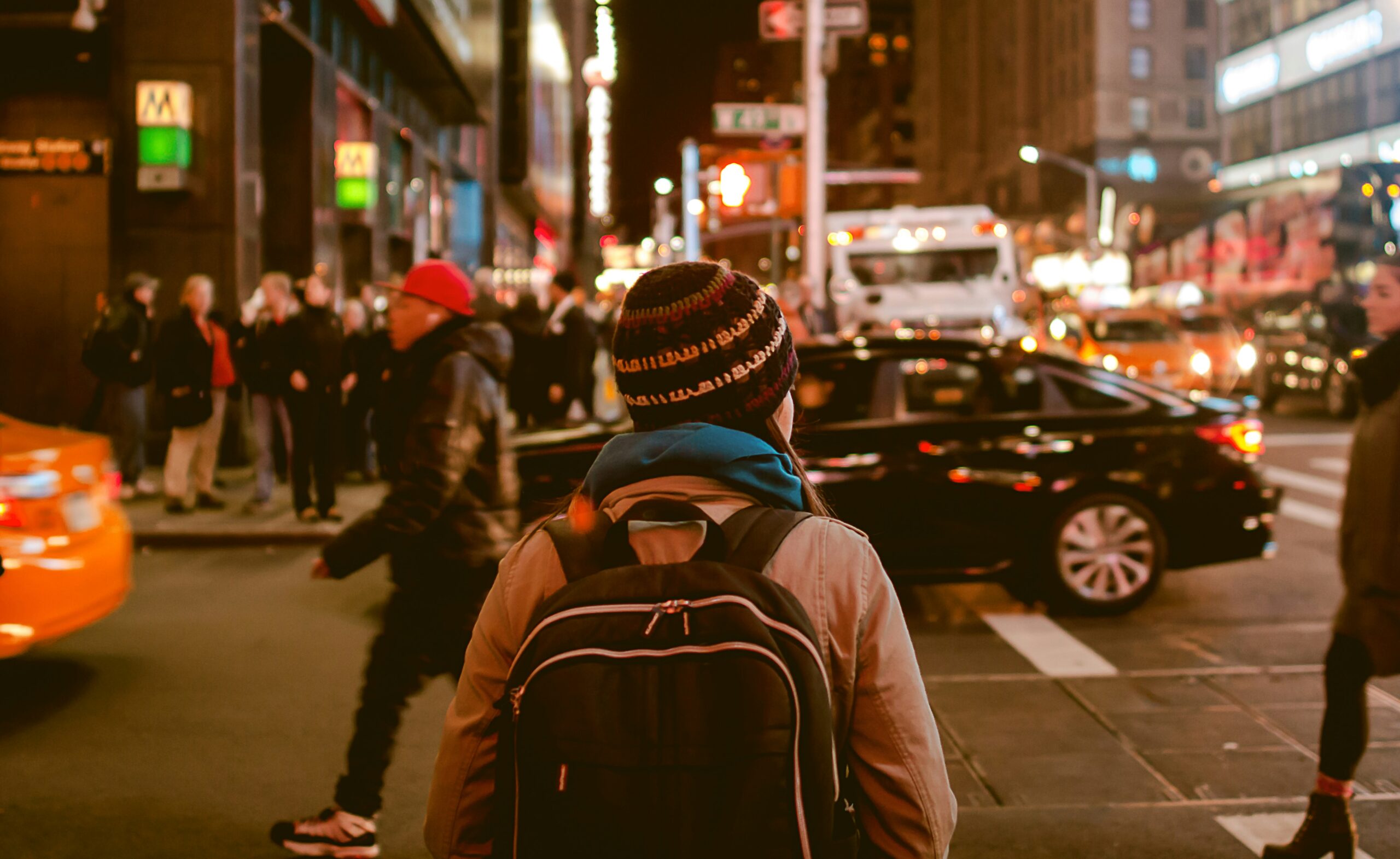In a world where social media dominates, it’s easier than ever to stay connected with friends, family, and even strangers. We can instantly share pictures, thoughts, and moments across the globe. But how is all of this really affecting our social connections? While social media opens the door to new possibilities, it also raises questions about how it’s shaping our relationships and communication.
In this blog post, we’ll explore both the positive and negative ways social media impacts how we connect with others, while offering tips on how to stay balanced in this digital age.
The Positive Side: Expanding Your Circle
One of the biggest benefits of social media is the ability to expand your social circle. Platforms like Instagram, Facebook, and TikTok allow you to connect with people from all over the world. Whether it’s bonding over shared interests or keeping in touch with old friends, social media makes it easy to maintain and grow relationships.
Examples of Positive Impacts:
- Reconnecting with old friends: Thanks to Facebook, finding high school buddies or long-lost relatives is just a click away.
- Networking opportunities: LinkedIn allows you to expand your professional network and build valuable business connections.
- Global communities: Platforms like Reddit or Twitter help people from different cultures and backgrounds come together over shared interests.
Tip: Use social media as a tool to enhance your in-person connections. Instead of relying solely on digital communication, set up meetups or video chats to strengthen your relationships.
The Downside: Superficial Relationships
On the flip side, social media can sometimes create superficial connections. We’ve all been there—scrolling through someone’s carefully curated Instagram feed, leaving a quick like or comment. But how often do these interactions translate into meaningful conversations?
Negative Impacts of Social Media:
- Decreased face-to-face interaction: It’s easier to text or DM someone than to make time for an actual phone call or in-person meetup.
- Pressure to maintain an image: People often post only their best moments, leading to comparison and pressure to match an unrealistic image of success and happiness.
- Emotional detachment: Digital communication can sometimes lead to misunderstandings or emotional distance, as tone and body language are lost in translation.
Tip: Be mindful of your interactions on social media. If you notice you’re only engaging with someone through likes or brief comments, take a moment to send a genuine message or make plans to catch up in real life.
FOMO and Anxiety: The Dark Side of the Scroll
Social media can also lead to feelings of FOMO (Fear of Missing Out) and anxiety. Constantly seeing others post about parties, vacations, or accomplishments can make you feel like you’re falling behind or not living life to the fullest.
How Social Media Triggers FOMO:
- Endless highlight reels: You’re seeing the best moments of someone’s life, which may make your day-to-day reality feel less exciting in comparison.
- The need for validation: Many people experience anxiety from waiting for likes, comments, or shares on their posts, which can lead to unhealthy comparisons.
- Overstimulation: The constant barrage of content can overwhelm your brain, making it harder to focus and stay present in your real-life relationships.
Tip: Take breaks from social media when you start feeling anxious or overwhelmed. Try a “social media detox” where you limit your screen time, and use that time to focus on real-life connections.
Is Social Media Hurting Your Communication Skills?
Another key way social media impacts our social connections is by changing the way we communicate. While it’s convenient to send quick texts, emojis, and gifs, we may be losing the art of meaningful conversation.
Communication Changes Due to Social Media:
- Shortened attention spans: Social media thrives on short, bite-sized content, making it harder to focus during longer, face-to-face conversations.
- Miscommunication: Texting and DMs don’t allow for tone, body language, or facial expressions, which can lead to misunderstandings.
- Dependency on digital communication: Many people, especially younger generations, are more comfortable interacting online than in person.
Tip: Practice face-to-face communication whenever possible. If you’re in a social situation, put the phone down and engage in meaningful conversations with the people around you.
Striking a Balance: Using Social Media Mindfully
At the end of the day, social media isn’t going anywhere, and it can be a powerful tool for staying connected. The key is to find a balance between online and offline relationships, so that social media enhances—rather than replaces—your real-life connections.
Tips for a Healthy Social Media Experience:
- Set limits: Try to set boundaries for your screen time. Apps like Instagram or TikTok allow you to set daily usage reminders.
- Prioritize in-person connections: Don’t let digital communication replace face-to-face meetups. Make time for real-life hangouts with friends and family.
- Be authentic: Instead of worrying about creating the perfect post, focus on sharing real, authentic moments.
- Unfollow negative influences: If certain accounts make you feel anxious, insecure, or inadequate, don’t hesitate to unfollow or mute them.
- Take breaks: Regular social media breaks help refresh your mind and keep you focused on what really matters in life—your real relationships.
Conclusion: Finding Real Connections in a Digital World
Social media has drastically changed the way we connect with others. While it offers the opportunity to grow our networks and stay in touch with people across the world, it can also create superficial connections and foster anxiety. By being mindful of how we use social media and focusing on maintaining genuine relationships, we can strike a healthy balance between our digital and real-life connections.
Remember: Social media is a tool, not a replacement for real, meaningful interactions. So, put down the phone every once in a while, and spend time with the people who matter most—offline.


